Starting the path to become a search engine optimizer? This article shows the road map to become proficient in SEO, a knowledge essential in the digital era of today. You may be a major participant; why settle for being a digital observer? Here you will study advanced, fundamental, and all around SEO. You are about to enter a world in which algorithms change as fast as the temperature and where keeping current is not just advised but also absolutely essential. Prepare to change your perspective and approach to SEO, thereby preparing for a day when your abilities will be much sought after. Let us begin this road together and open the path to a fulfilling career in SEO.
Understanding the Basics of SEO
Learning SEO principles is like learning to solve a difficult puzzle in which every component is absolutely important. Starting with knowledge of the fundamental elements—keywords, content, and website optimization—this process unfolds. This road depends on knowing and using pertinent keywords properly, hence mastering the foundations of SEO is essential.
Take a local bakery; if it wants to improve its online presence, it would concentrate on phrases like “best pastries in Cambridge” or “artisan bread Boston.” These particular focused keywords enable the company to ascend the search engine ladder. But it’s about weaving these words into excellent, educational content, not only about sprinkling them across web pages. This material should enlighten readers by providing information on the special products of the bakery or by baking advice.
Another pillar is web optimization. Making sure a site loads quickly improves user experience and search engine results. For example, a photographer’s portfolio website has to load quickly to highlight high-quality photographs without annoying possible customers.
- Mastering keyword placement and relevance.
- Creating interesting, instructional material.
- Maximizing website features for a flawless user interface.
By means of deliberate, intelligent application of these fundamental components, navigating the principles of SEO helps a website to flourish in the digital environment, therefore generating traffic and interaction.
Educational Path and Qualifications
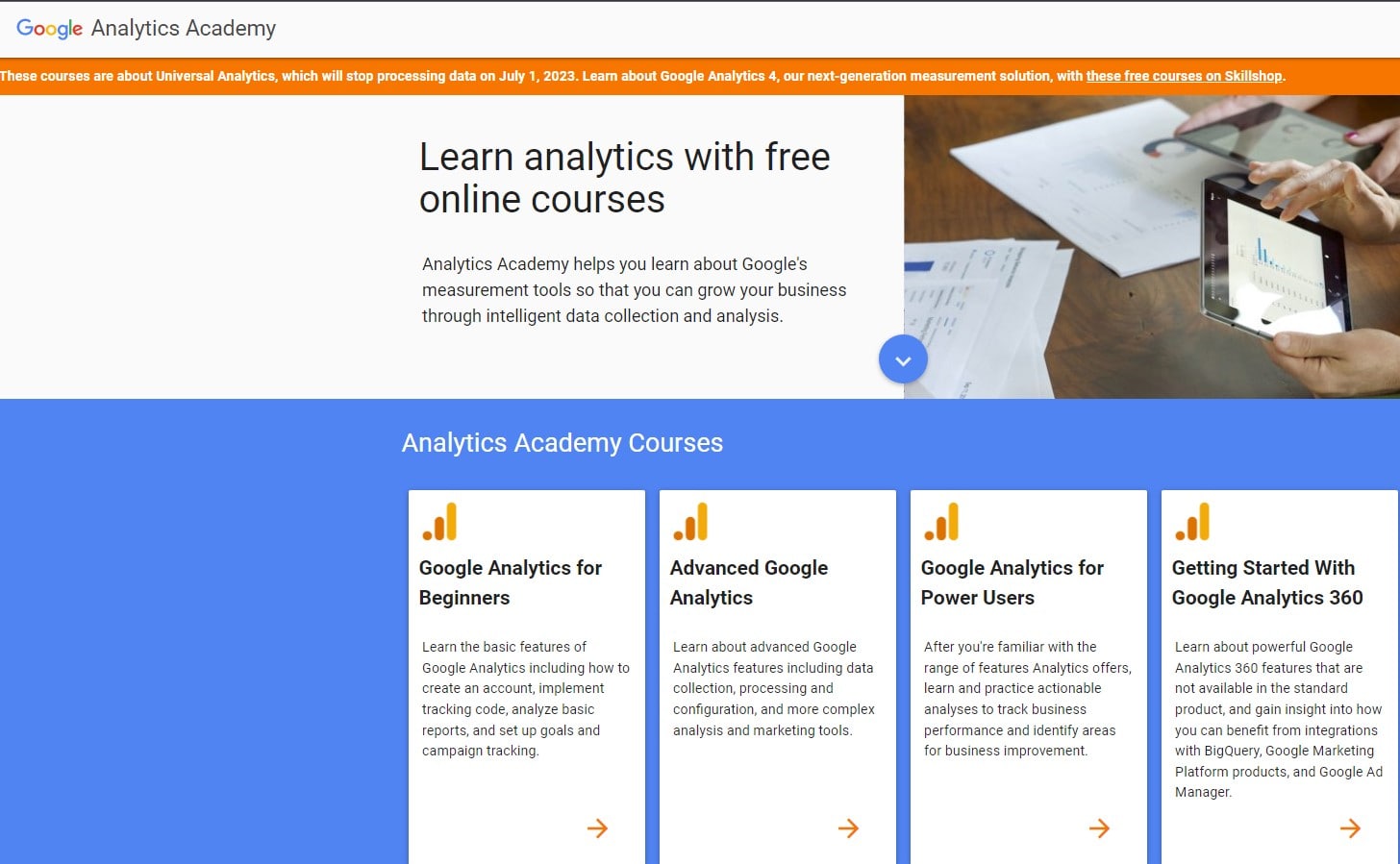
Starting a career in SEO does not follow a one-size-fits-all learning road map. Some paths meander through formal schooling, others follow hands-on experience and self-taught paths. Many find a pillar in a well-rounded SEO expert course, which provides a thorough study of Google algorithm and strategy nuances.
Starting with a degree in marketing, computer science, or a comparable discipline, an aspirant SEO professional lays a basic knowledge of digital landscapes. Still, the true value of education comes from specific SEO training. From novice to intermediate levels, courses and certifications abound online, including those by business giants like Moz and SEMrush. Usually ending in a certification, these programs validate one’s field-of- knowledge.
Apart from formal education, the path usually entails fully immersing oneself in the always changing field of SEO using blogs, webinars, and professional forums. Given the fluid character of SEO, this ongoing education is absolutely vital.
Usually, important turning points in this learning process consist in:
- Finishing a course or certification geared toward SEO.
- Learning via means of personal projects or internships.
- Maintaining current with the most recent algorithm revisions and fashion trends.
A aspiring SEO specialist focused in e-commerce, for instance, might study courses on comprehending the subtleties of product descriptions and client search behavior as well as on optimizing online stores. Someone concentrating on local SEO for small firms might also explore geo-targeting and local search trends.
This varied educational route provides theoretical information and practical skills catered to their interests within the large SEO universe, therefore arming future SEO specialists.
Starting Your Career in SEO
Starting an SEO job is like negotiating a digital maze where every turn offers fresh educational possibilities. Usually starting with a basic understanding of digital marketing and layered with specific SEO knowledge, the trip starts. Starting from online courses, many of which are free or reasonably priced, one can dive right into this subject. These seminars provide useful understanding of on-page SEO, link-building techniques, and keyword research.
Then, practical knowledge is priceless. Real-world experience can come from starting a personal blog or offering to maximize websites for friends or local companies. This useful tool lets new SEO experts test ideas and observe the results of their approaches.
Important first stages in launching an SEO career consist in:
- Completing classes geared at SEO online.
- Learning by means of personal initiatives or voluntary work.
- Creating a portfolio highlighting results and SEO abilities.
For example, a novice would concentrate on local SEO strategies to raise the cafe’s profile in local search results while working on optimizing a nearby cafe’s website. A novice creating a niche blog and utilizing it as a sandbox for SEO experiments—tracking keyword ranks, adjusting on-page features, and evaluating the effects on search engine results pages—SERRs—also provides another example.
Networking is also quite important. Attending webinars, linking with seasoned experts, and joining SEO communities can all help to create mentorship and employment prospects. This combination of knowledge, experience, and networking lays the groundwork for a successful SEO profession, thereby enabling people to grow with the often shifting business.
Gaining Practical Experience

Entering the SEO field, the golden key to mastery is actual experience. Here theories and ideas collide to transform knowledge into practical abilities. Starting a blog or website provides a practical method of learning SEO. Here you may test content strategies, meta tags, and keywords to see how these variations influence search engine results.
Another approach to get experience is offering to oversee SEO for non-profits or local companies. This develops your portfolio and teaches you how to customize SEO plans for several sectors.
Important actions in obtaining useful SEO knowledge consist in:
- Starting a personal blog using search engine optimization methods.
- Working with local companies, volunteer for SEO projects.
- Evaluating results and improving plans.
Think about, for instance, maximizing a website for a neighborhood bookstore. You would concentrate on local SEO strategies to guarantee the bookstore shows up in local search results. On the other hand, if you oversee SEO for a tech blog, you would focus especially on technical SEO to guarantee that the backend and structure of the site are crawler-friendly.
This practical knowledge is priceless. Skills vital in the always changing SEO scene, it lets you see the effects of your techniques, grow from mistakes, and always change.
The Role of a T-Shaped Marketer
Being a T-shaped marketer in the marketing field makes one a master of one but a jack-of- all-trades. This idea depends on wide knowledge across several marketing fields while concentrating especially in one area. The generalist skills—an awareness of SEO, content marketing, social media, and data analysis—are represented in the horizontal bar of the “T”. The vertical bar represents thorough knowledge in a given field, say SEO.
A T-Shaped Marketer distinguishes themselves in the following ways:
- Has a general awareness of several marketing disciplines.
- Has thorough, specific expertise in one field, say SEO.
- Makes use of their general abilities to accentuate their area of expertise.
Imagine an SEO specialist with knowledge of the subtleties of content marketing. They make sure the material appeals to the readers and maximize a website for search engines. Alternatively think of a social media specialist with strong knowledge of SEO. They can produce material with strong social media and search engine results page performance.
This combination of depth and width makes a T-Shaped Marketer quite desirable. They use their broad knowledge to support their particular specialization and negotiate the complexity of the digital terrain. Being a T-shaped professional is not only helpful but also absolutely necessary in the always changing digital marketing scene of today.
Building Credibility and Trust
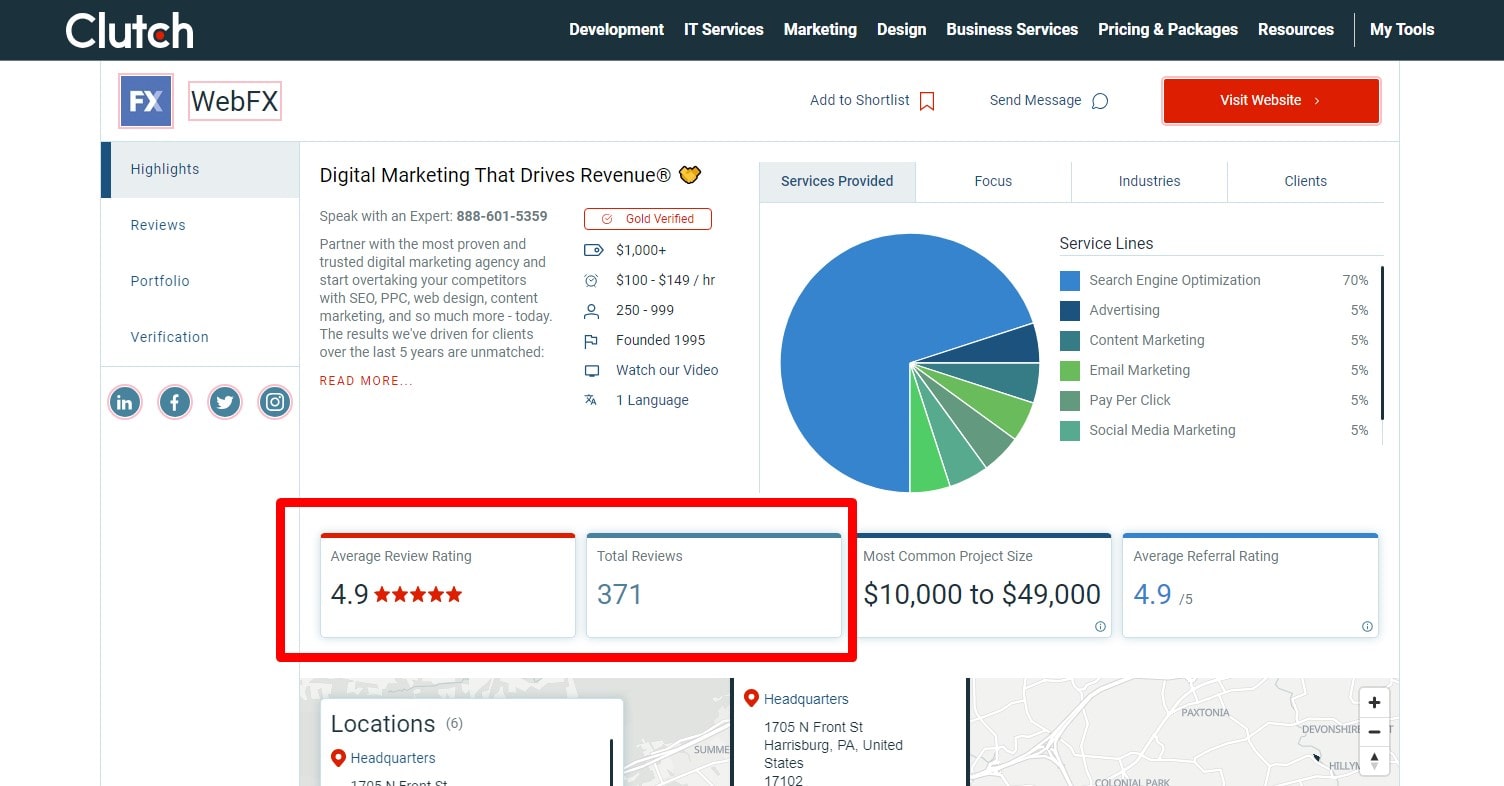
In SEO, developing reputation and trust is about properly presenting your work, not only about knowing your craft. Usually the foundation of every good SEO plan, trust depends on constant performance and open communication. For someone working in SEO, this entails several important tactics:
- Proving knowledge by means of case studies, success stories, and insights. A portfolio exhibiting outstanding initiatives—especially those with quantifiable results—tells volumes. It’s about demonstrating, not only stating, how your tactics have generated traffic, raised ranks, or increased conversions.
- Taking part actively in the SEO community. Establishing yourself as a thought leader can involve helping forums, producing intelligent blog entries, or even presenting at trade shows.
- Keeping openness with customers. Frequent updates on the development, difficulties, and tactics under use for their projects help to build confidence.
Think of an SEO specialist with an eye toward e-commerce sites. They may present a case study showing how for an online retailer their method greatly raised organic traffic and sales. This not only highlights their ability but also gives prospective customers confidence.
Developing credibility in SEO calls on keeping openness, interacting with the community, and presenting your accomplishments. It’s about demonstrating that you are a dependable, informed professional capable of producing real results rather than only another SEO guru.
Effective Testing and Analysis in SEO
Maintaining ahead of the always changing algorithmic curve in SEO depends mostly on the motto “test, analyze, adapt”. Good SEO testing and analysis is a painstaking process of hypothesizing, testing, implementing, and improving methods, not only about changing keywords or meta tags.
One strong SEO testing system consists in the following:
- Methodically testing various SEO strategies.
- Tracking performance with Google Analytics among other technologies.
- Review and update SEO plans often depending on facts.
Think of an online business emphasizing on natural traffic increase. They might play about with several approaches to product descriptions, tracking which generates more interaction and conversion. They can evaluate several website layouts or content styles using A/B testing, then use analytics tool data to determine success.
In another situation, a local service provider might change the local SEO aspects of their website. Changing their Google My Business listings and local keywords can help them track local search results and foot traffic improvements.
In SEO, this testing and Plerdy analysis method calls both accuracy and patience. It’s about knowing why some approaches work and how they may be strengthened, not only about changing things. It’s a continuous learning and adaptation loop that guarantees methods are relevant and successful for the state of the search environment now.
Therefore, good testing and analysis in SEO are not only phases in a process; rather, they are fundamental components of successful SEO strategies that guarantee ongoing development and adaptability in an industry that never remains still.
Scaling Your SEO Tasks
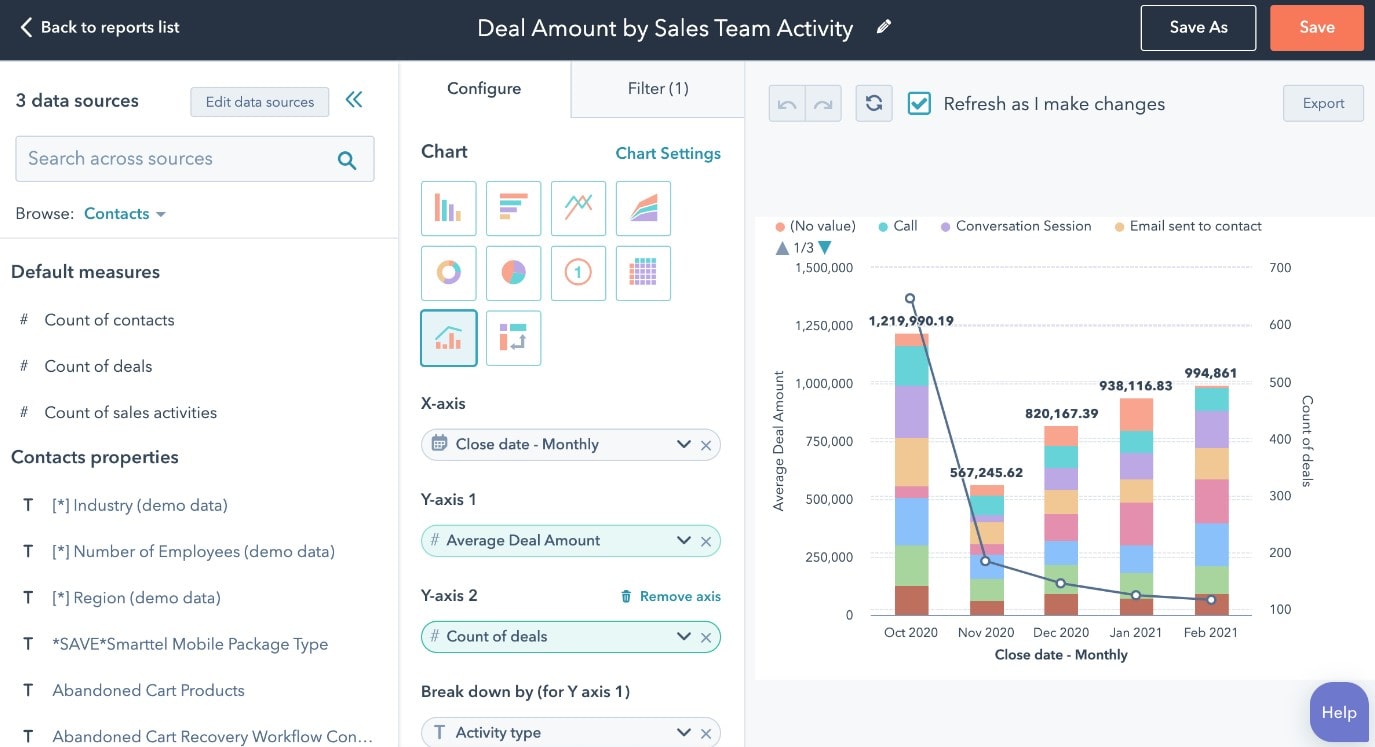
Scaling your SEO chores is like conducting a symphony; every component must harmonize exactly for a good performance. Managing chores effectively without sacrificing quality is absolutely vital as your SEO efforts grow. The secret is strategic planning and using the appropriate instruments.
Good approaches to increase SEO responsibilities consist in:
- Using SEO technologies to automate menial chores.
- Sort chores according to impact and effort required.
- Working with colleagues to effectively assign tasks.
An e-commerce site’s SEO manager might, for example, spare time to concentrate on strategy and content generation by using automation tools for keyword tracking and backlink research. Before doing less important chores, they may also give top-performing pages first priority.
In another sector, such as a vacation site, the SEO plan can call for assigning interns research assignments while the more seasoned experts concentrate on link-building and guest posting.
Scaling SEO chores efficiently entails strategically allocating resources and efforts to keep a consistent rate of increase. It’s about optimizing impact such that every chore, big or small, complements the main SEO objectives. This method guarantees that as operations grow the quality of SEO work stays high and maximizes output.
Continuous Learning and Adaptation
Constant learning and adaptability are not only good but also very necessary in the always changing terrain of SEO. SEO is a dynamic field with always changing search engine algorithms and best practices. Keeping ahead in this game requires being a fluid strategy and an agile student.
Important habits for ongoing SEO education include in:
- Using industry blogs, webinars, and forums to routinely update knowledge.
- Playing about with fresh SEO tools and approaches.
- Changing approaches depending on performance data and analytics.
An SEO expert concentrating on retail websites, for instance, needs to keep current with the newest e-commerce SEO trends. To improve product visibility in search results, they could play about with fresh schema markup styles. An SEO specialist dealing with news websites also has to keep up with Google’s most recent news algorithm to guarantee material is timely for indexing and crawling.
This includes setting aside weekly time for webinar participation, reading trade magazines, and tool testing. Regular analysis of website data is also part of it in order to spot patterns and areas needing work. By means of this proactive strategy, SEO methods are kept current and in line with the most recent search engine rules and user behavior patterns.
In SEO, ongoing learning and adaptation are basically about juggling employing tested approaches and exploring unknown terrain. This is a commitment to continuously growing with the digital terrain never stopping education.
Exploring Specialized Areas in SEO

In search engine optimization, looking at particular disciplines exposes new directions of knowledge and opportunity. As the industry grows, the need of specialization becomes more clear since it lets professionals focus on specific areas inside the large spectrum of SEO.
Key areas of knowledge in SEO fall in:
- Local SEO boosting for local company visibility and geo-specific searches.
- E-commerce SEO looking toward online stores and product-based search optimization.
- Technical SEO, investigating infrastructure and performance of websites.
An expert in local SEO, for instance, would concentrate on making sure a small business shows up on local searches and on maps, therefore improving their online profile. Their strategies can require for managing local Google My Business citations. On the other hand, working with meta tags built especially for shopping and optimizing product pages, an e-commerce SEO consultant would concentrate on improving user experience to increase conversion rates.
Conversely, technical SEO experts examine a website’s infrastructure very closely. Their priorities are on on-site performance optimization, mobile responsiveness, and structured data—qualities quite important for raising search engine crawlability and indexability of a site.
These particular disciplines demand specialized knowledge and a tailored approach. By concentrating on specific areas of SEO, professionals may offer more targeted and effective strategies, therefore satisfying the specific needs of different websites and businesses. This specialty guarantees that the methods applied are as efficient and strong as practically possible, so enhancing the SEO field.
Consulting and Freelancing in SEO
Starting the paths of freelancing in SEO and consulting offers a universe where knowledge meets adaptation. From small startups to large corporations, professionals in this industry provide companies their particular knowledge and tailored strategies to meet various objectives. This road offers a unique combination of opportunity to work on many projects and flexibility.
Key components of freelancing and SEO consulting consist in:
- Giving businesses of different sizes and industries tailored search engine optimization strategies.
- Considering the most current modifications in SEO and algorithms.
- Building a strong portfolio can enable you to highlight your knowledge and attract clients.
Working with a new e-commerce company, for example, an SEO expert can draft a strategy stressing on competitive keyword research and on-page optimization to increase web visibility. Alternatively, they may offer services to a nearby restaurant, therefore improving the local search result presence and Google Maps listings.
Whether assisting a blogger in increasing their natural traffic or helping a software company enhance its website for better user experience, freelancers in this field frequently value their freedom to select jobs that meet their interests and capacity.
This type of work requires SEO knowledge, adaptability in satisfying the needs of various clients, great communication skills, and strong self-marketing ability. Good freelancers and SEO consultants can always learn and adapt in an always changing digital environment, negotiate the shifting search engine tides, and offer results for a range of clients.
The Future of SEO and Career Prospects
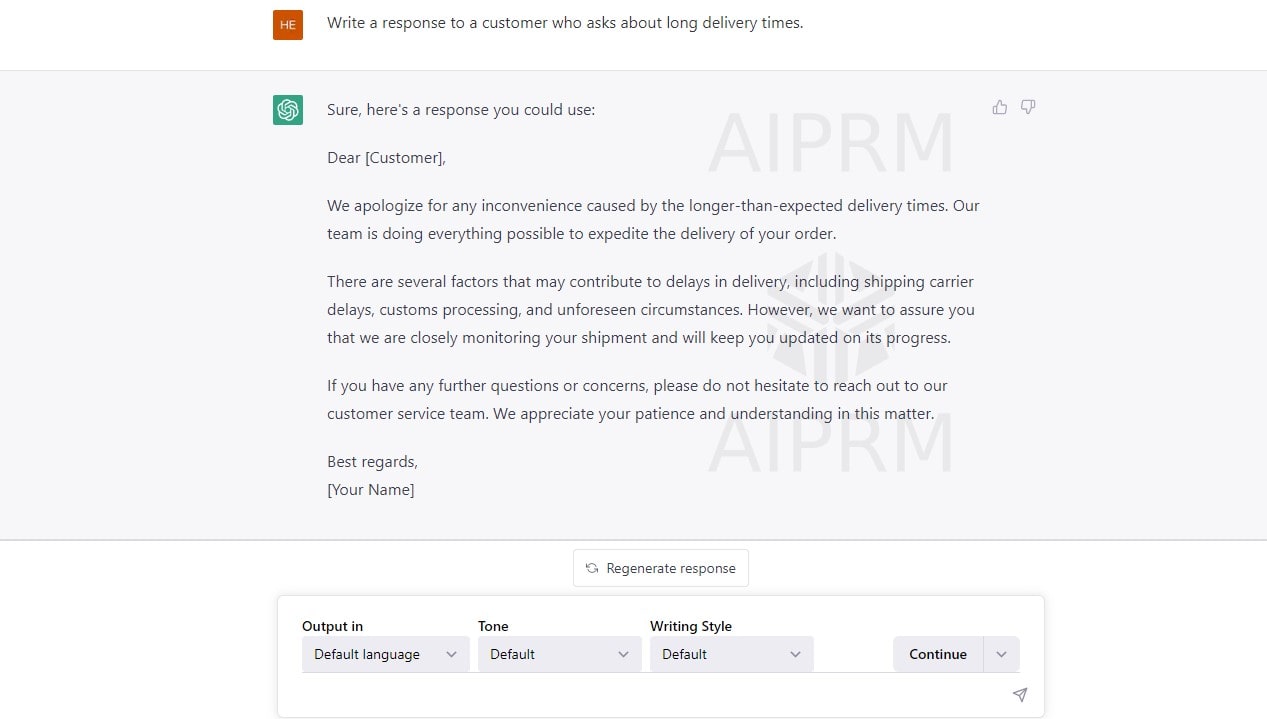
SEO has a bright future and will grow into a more complicated and natural part of digital marketing. For those ready to ride its fascinating waves, this development presents several career opportunities.
Key trends impacting the direction of SEO forward include:
- Growing relevance of voice search as well as importance of AI-powered algorithms
- Growing attention to user experience and mobile optimization.
- Local companies and specialized markets like e-commerce depend on SEO professionals more and more.
As artificial intelligence and voice search evolve, SEO strategies must adapt focusing natural language processing and user intent. This shift demands SEO professionals to improve their skills so they may maximize material for these next technologies.
Mobile optimization and user experience also become ever more crucial. Google’s algorithms give websites offering seamless mobile experiences and valuable content high priority top priority, hence expertise in these disciplines are more vital than ever.
Moreover, as diverse industries realize the need of online presence, the demand for SEO experts concentrated on specific areas, such e-commerce and local companies is rising. To so enhance the online buying experience, an e-commerce SEO consultant would focus on improving site navigation and polishing product descriptions.
These evolving trends indicate that the SEO industry will keep growing and diversifying, offering opportunities for anyone able to follow its quick changes. Future SEO is about seeing and embracing the shifting digital terrain, not merely about adapting to algorithm changes.
Understanding SEO Expert Salary Expectations
Expert pay in the busy SEO field range as much as the algorithms they become proficient in. This variation is mostly the result of geographic location, experience, and specialization mixed together. While seasoned professionals easily command six-figure wages, especially in tech centers like San Francisco or New York, a fresh-faced SEO specialist in the United States might start their career with a respectable $50,000 yearly.
- Starting level SEO specialist: $50,000 to $60,000
- Middle-level SEO Manager: $60,000 to $80,000
- Senior SEO Strategist: ($80,000 – $110,000)
Still, it’s not only about years spent on the subject; specialized knowledge can greatly affect the balance. An SEO master with a taste for e-commerce optimization or a history of increasing natural traffic for big-scale websites could out-earn their colleagues. Those who balance several clients as freelancers also typically find an increase in income by using websites like Upwork or Fiverr to access various assignments. Staying ahead in this fast-paced field demands always improving abilities, following new trends, and grabbing chances fit for one’s particular talents.
The Role of SEO Gurus in Shaping the Industry
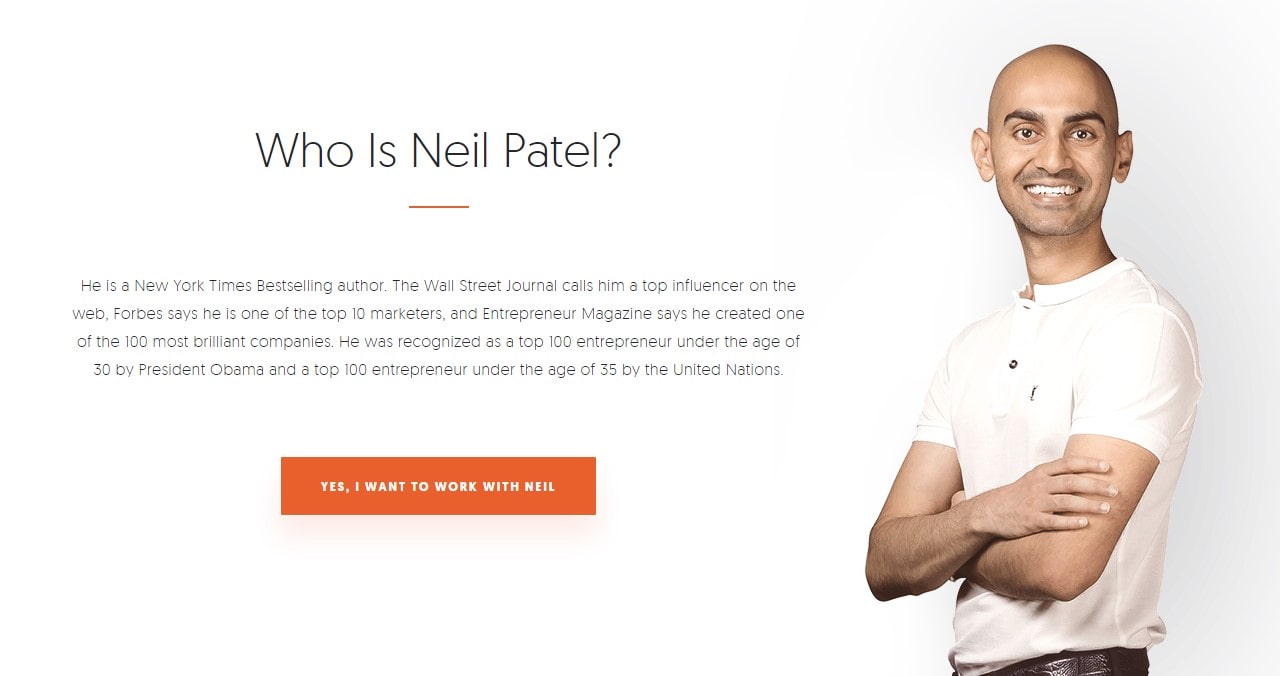
SEO experts are the designers of modern digital marketing plans with their great knowledge and creative ideas. Their insightful direction of the business permeates all facets of internet presence.
- For example, Neil Patel turns difficult SEO ideas into easily understandable techniques that enable even inexperienced marketers to increase their web presence.
- Link-building skills of Brian Dean have changed the way websites gain authority and climb search results.
- By means of his perceptive blogs and tools, Moz’s Rand Fishkin demystifies SEO, therefore enabling companies of all kinds to access it.
These stars encourage creativity in addition to offering priceless tools. Leading in decoding algorithm updates and negotiating the complexities of search engine behavior is Their direction influences how content is created, how keywords are focused, and how companies fit the always changing internet scene. These gurus essentially set rather than merely follow trends, creating the playbook that will shape SEO going forward.
The Long-Term Career Path in SEO
Starting a career in SEO is like sailing over a huge sea of digital opportunities. Every stage of the trip has special difficulties and benefits:
- Having started as a junior SEO analyst, learning keyword research and analytics lays a strong basis.
- Moving on to an SEO strategist and exploring sophisticated strategies including content strategy and link development.
- Rising to a senior position—perhaps as an SEO director—where strategic planning and leadership take the stage is something else.
Constant learning helps you to survive in this always shifting sector by adjusting to new algorithms and trends. Whether your area of expertise is local search optimization or e-commerce SEO, every advance creates new prospects and more advanced degrees of knowledge.
Leveraging Reddit for Advanced SEO Insights

For SEO experts looking for fresh ideas, Reddit—the hive of varied debates—is a treasure. Full of many communities, this platform provides a special viewpoint:
- Subreddits particular to niches offer a pulse on user behavior and current trends.
- Conversations in r/SEO and r/bigSEO expose practical problems and creative ideas.
- Direct advice and industry forecasts come from AMA (Ask Me Anything) meetings with SEO specialists.
Examining Reddit’s rich tapestry of material can reveal user attitudes, topical relevancy, and unrealized keyword potential. For those ready to adjust their SEO plans using knowledge derived from communities, it is a gold mine.
Optimizing for E-commerce Platforms: Shopify, Squarespace, WordPress and Wix
Optimizing e-commerce platforms like Shopify, Squarespace, WordPress, and Wix in the digital marketplace is like tweaking a high-performance engine; every change counts. Every platform presents special methods for SEO empowerment:
- Designed for retail-centric websites, Shopify shines with built-in SEO-friendly elements.
- Squarespace excels in elegant design choices, therefore improving user experience and involvement.
- With SEO plugins like Yoast, WordPress provides unmatched customizing.
- Perfect for beginners, Wix streamlines SEO via easy-to-use interfaces.
Although these sites serve various commercial purposes, all depend on a sharp eye for keyword optimization, mobile friendliness, and rapid loading times. Important actions are creating educational product descriptions, applying alt tags for photographs, and using social media integration. Using analytics also helps one better grasp consumer behavior, direct focused traffic, and finally increase sales. Regarding e-commerce, a strategic approach to SEO on these platforms drives companies ahead in a competitive SEO field.
Maximizing SEO on YouTube for Greater Visibility

In the YouTube domain, SEO is the key to the kingdom and visibility rules. Turning a channel into a viewing magnet calls for:
- Creating appealing, keyword-rich titles that hook people right away.
- Writing engaging descriptions dotted with pertinent keywords without cramming.
- Tagging videos reflecting content and user search intent with specific keywords.
More, though, is improving thumbnails to stand out, pushing longer viewing times with quality material, and increasing interaction via likes, comments, and shares. These guidelines and consistent publishing guarantee that your material regularly reaches the intended audience. Whether it’s tech reviews or food shows, optimizing Google search engine results on YouTube lets producers cut through the clutter and shine.
Utilizing Freelance Platforms like Upwork and Fiverr for SEO Projects
Within the field of SEO, Upwork and Fiverr are hive centers where knowledge meets possibility. These sites democratize specialist knowledge, which helps companies locate the correct person for their SEO need more quickly. Here’s how they remove obstacles:
- From analytical masters able to comprehend Google Analytics to creative brains skilled in content strategy, Upwork provides a large pool of SEO experts.
- Fiverr meets certain needs like local SEO optimization or e-commerce SEO by acting as a marketplace for specialist SEO services.
- Both systems guarantee accurate and professional meeting of your SEO goals by facilitating easy communication and project management.
Using these freelance sites links you to the knowledge required to boost your online presence, whether that of a startup trying to develop its digital footprint or an established business hoping to dominate search results. From creating strong backlink profiles to producing keyword-rich material, the skills discovered here will change your SEO approach.
FAQs
Demand SEO Specialties for 2024
- Content optimization is creating interesting, educational material catered for user purpose.
- Voice Search Optimization: Using natural language processing for searches activated by speech.
- AI and machine learning: include analytics generated by artificial intelligence to improve SEO tactics.
- E-commerce SEO: Focusing on online stores including WooCommerce and Shopify.
Juggaling Local and Global SEO Requirements
- Emphasize broad keywords and foreign SEO techniques for worldwide reach.
- Local SEO calls for a customized strategy targeted at geo-specific keywords and local directories.
- Combine these approaches for companies hoping for local recognition as well as worldwide exposure.
Managing Algorithm Variations in SEO
- Keep current with updates via industry heavyweights like Ahrefs and SEMrush and SEO forums.
- Frequent content and website structure updates help to meet new algorithm criteria.
- Spread out search engine optimization strategies to reduce the effect of changes in search engines.
Important abilities for technical SEO
- Mastery of website structure and coding.
- Knowing about sitemaps, server replies, and crawlability problems.
- Capacity to apply systematic data and schema markup successfully.
E-commerce SEO: Career Development
- Get experience with product keyword research and optimization.
- Discover how to examine user activity on e-commerce sites in order to create focused plans.
- Keep informed on the newest SEO tools and e-commerce trends.
Turning now to a role as SEO consultant
- Create a strong portfolio highlighting several search engine optimizing initiatives.
- For project management and client consultations, hone excellent communication abilities.
- Learn several facets of SEO, including technical as well as content and link-building.
Adjusting for AI and machine learning in SEO
- Adopt instruments for trend analysis and keyword research leveraging artificial intelligence.
- Machine learning insights help one to grasp user intent and behavior patterns.
- Include technologies for artificial intelligence-driven content optimization into your SEO process.
Evaluating SEO Strategies
- Track website traffic, interaction, and conversions using analytics Plerdy tools.
- Track keyword positions and SERP results often.
- Based on client or corporate objectives, clearly define KPIs—key performance indicators.
Voice Search’s Effects on SEO Strategies
- Maximize for long-tail phrases and conversational keywords.
- Make sure your website’s material addresses often asked questions about your niche.
- For companies aiming at voice search inquiries from mobile devices, pay close attention to local SEO.
Bottom Line
Learning the rules of keyword placement or knowing Google’s algorithms is only one aspect of becoming an SEO specialist; more is involved. It’s about fully submerging oneself in a constantly changing digital environment where every action advances your knowledge.
- Beginning with SEO fundamentals, you have developed the skill of skillfully including keywords into engaging material and improving websites for flawless user experience.
- As you move through the courses, you have come to see the value of specialized courses, practical experience, and keeping current with the newest trends.
- Your abilities really show when you negotiate real-world SEO issues and change with the times from theory to practice.
Remember going forward that SEO is about ranking highly on search engines and linking people with the knowledge they need. Your position as an SEO specialist is absolutely vital in determining how knowledge is accessed and absorbed in the digital age. From knowing the subtleties of e-commerce optimization to honing technical SEO, your path is an ongoing education. Keep stretching limits, remain inquisitive, and allow your knowledge of SEO lead you to even more SEO masterful heights.
